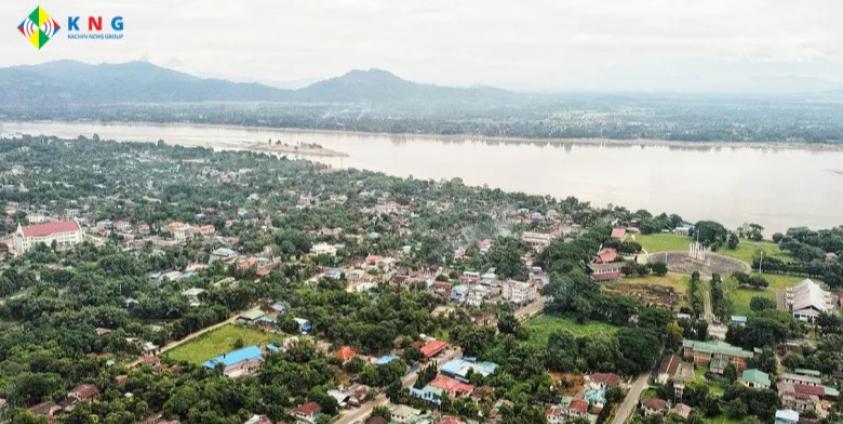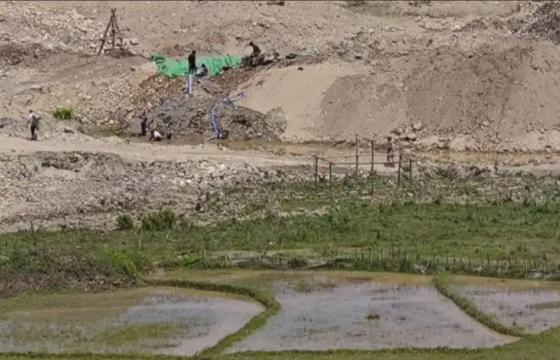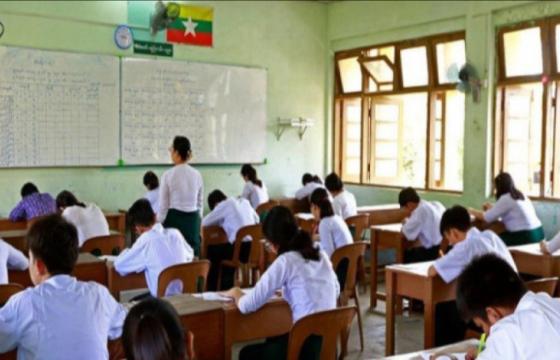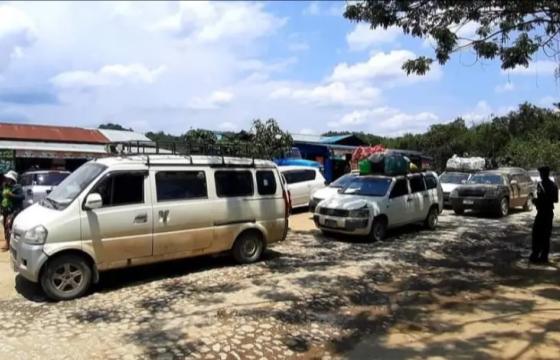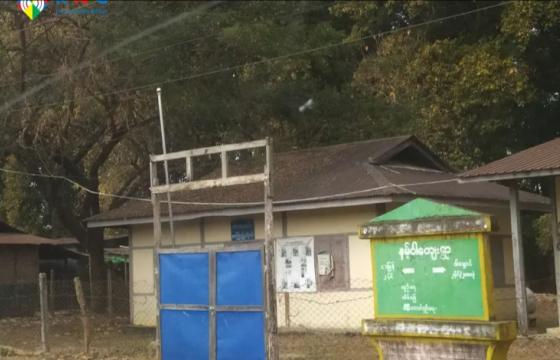Fuel and commodity prices in the Myitkyina City, the Kachin State capital, have risen due to the closure of all the Kachin State border crossings to China.
The KIA took control of Lwegel Town in Momauk Township, on 31 March 2024, Pangwar Town in Chipwi Township on on 19 October 2024.
Kanpaikti Town in Waingmaw Township is still under the control of the junta-aligned Kachin Border Guard Force (BGF), though the KIA has taken control of the BGF's Battalion 1003 headquarters in Shing Jai Village just outside Kanpaikti Town.
But, the Kachin BGF still controls the crossing at Phimaw and the crossing at Laiza has been held by the KIA since before the coup.
The Chinese shut the border crossings in Lwegel, Pangwar and Laiza towns on 18 October, the Kanpaikti Town border crossing on 22 October and the Phimaw crossing on 26 October. There used to be a crossing to Kham Phan in Kachin State but that has not reopened since closing during the COVID-19 lockdown.
According to a resident of Rampu Ward in Myitkyina City who spoke to the Kachin News Group (KNG), prices for fuel, consumer goods, and basic food items in the city have been steadily rising since the closure of the border crossings.
They said: “Prices of goods imported from China have increased. Currently, diesel and gasoline are also imported from China.”
Before the Chinese border crossings were closed, a litre of gasoline cost only 6,000 kyats (MMK), now, it's up to 8,000 kyats. Similarly, the price of eggs has jumped from 800 to 1,000 kyats per egg, Potatoes have jumped from 10,000 to 13,000 kyats per Viss (about 1.63kg), and tea leaves from 1,500 to 2,000 kyats per pack.
A person working at a petrol station said: “Our petrol station hasn’t closed yet. We can still sell fuel for about 10 [more] days. If the road closes for longer, we'll run out of fuel. Right now, we're only selling Chinese fuel."
Due to the closure of the Mandalay to Myitkyina highway, Myitkyina City and the rest of Kachin State are now completely dependent on fuel imports from China. Myitkyina City residents fear that if there is a prolonged border closure it could lead to severe fuel shortages and significant increases in fuel prices.

